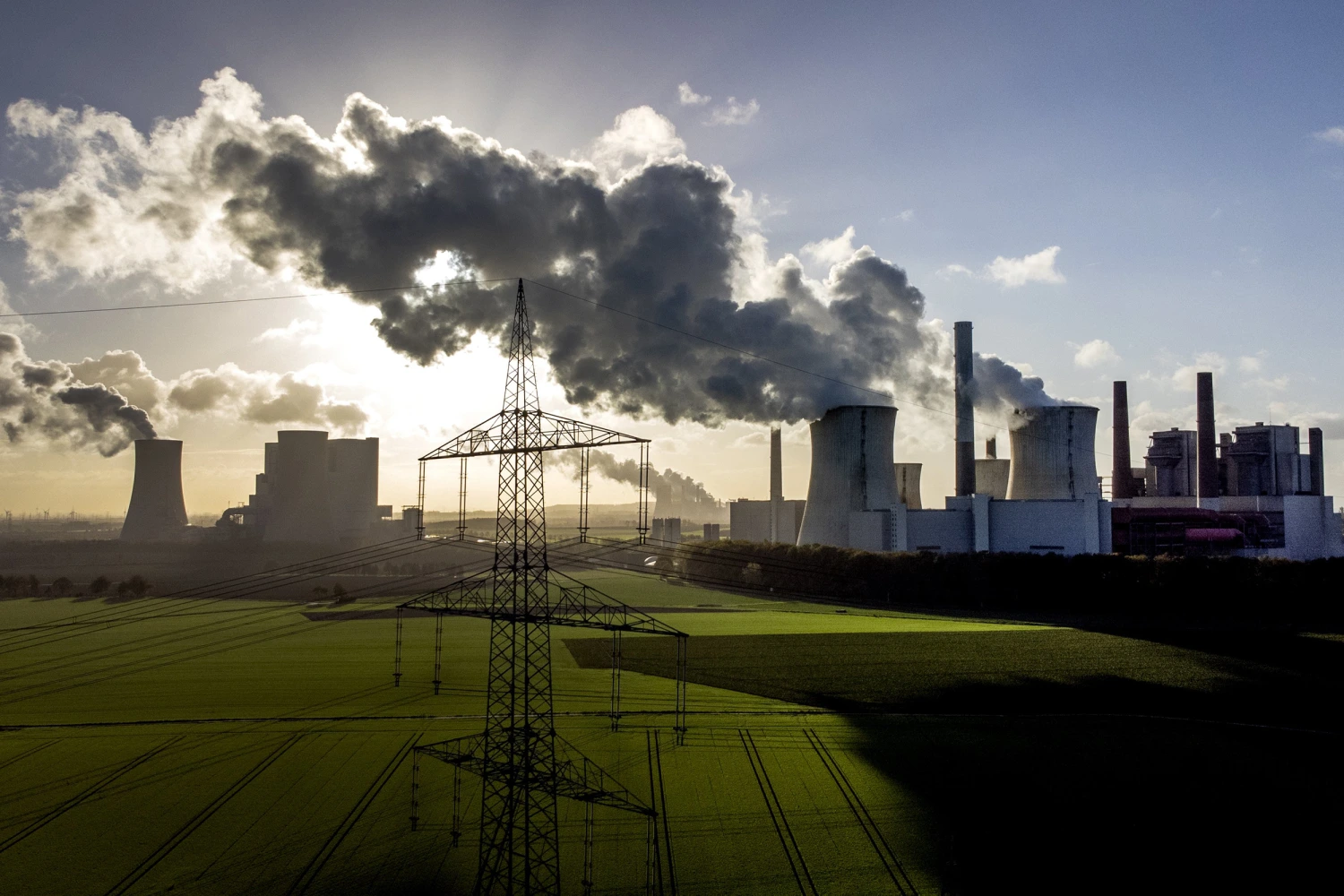Australia is facing a significant challenge in meeting its 2030 climate target, with the rollout of renewable energy progressing slower than initially anticipated.
Australia is facing a significant challenge in meeting its 2030 climate target, with the rollout of renewable energy progressing slower than initially anticipated, according to a recent analysis by Oxford Economics. The report, part of the institution’s bi-annual economic outlook, suggests that Australia may miss its emissions reduction goal by a couple of years.
The country aims to achieve emissions levels 43% below those recorded in 2005 by 2030. However, Kristian Kolding, head of consulting for Oxford Economics Australia, highlighted the delays in the adoption of renewable energy as a key factor contributing to the shortfall.
“The rollout of renewable energy is taking longer than expected,” Kolding stated. “But more worrying is the fact that we don’t currently see a path to meaningfully decarbonising hard-to-abate industrial sectors, and electrifying the vehicle fleet will take decades.”
The urgency for nations to meet their climate targets has been underscored by the latest data revealing 2023 as the hottest year on record globally. As one of the world’s highest emitters per capita, Australia has committed to reaching net-zero emissions by 2050 through legislation.
While acknowledging the feasibility of achieving net-zero emissions, Kolding emphasized the high costs associated with the transition and the need to identify who will bear these costs. He noted that technological advancements and policy initiatives are guiding the trajectory toward net zero, but significant challenges remain.
On the economic front, Oxford Economics predicts that Australia will avoid a technical recession, buoyed by strong population growth. Sean Langcake, head of macroeconomic forecasting for Oxford Economics Australia, indicated that both fiscal and monetary policies are nearing their peak impact on the economy within this cycle.
Langcake anticipates that the Reserve Bank of Australia (RBA) will refrain from lowering interest rates until the final quarter of the year due to persisting services inflation. He noted that the next phase of the disinflation cycle is expected to be more challenging, as previous gains from supply chain improvements have already been realized.
With the RBA poised to maintain interest rates at a 12-year high of 4.35%, the decision is eagerly awaited ahead of its announcement on Tuesday.
The findings from Oxford Economics underscore the need for Australia to accelerate its transition to renewable energy and implement robust policies to curb emissions, as the nation grapples with the imperative of addressing climate change while navigating economic stability.
